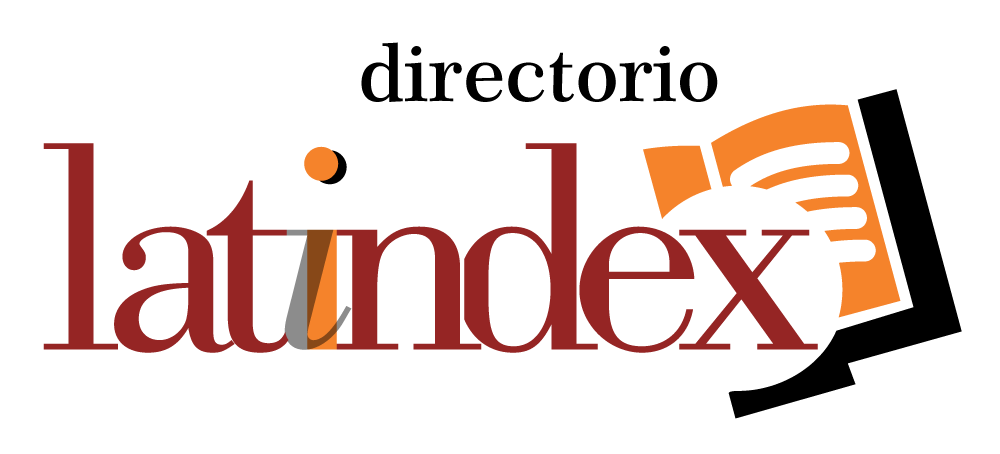Princípios Internacionais de Inteligência Artificial
DOI:
https://doi.org/10.63601/resmpu.2024.v1.n2.e-2107Palavras-chave:
Inteligência Artificial, democracia, direitos humanos, transparência, responsabilidadeResumo
Este artigo apresenta e analisa os princípios internacionais para o desenvolvimento e uso da inteligência artificial (IA), a partir da análise de diplomas internacionais sobre o assunto da Organização para a Cooperação e Desenvolvimento Econômico (OCDE) e do Conselho de Europa. A discussão se concentra em seis pontos principais: desenvolvimento humano, direitos humanos e democracia, transparência, segurança, responsabilização e cooperação. Inicialmente, é enfatizado que a inteligência artificial só tem sentido de existir se contribuir para a diminuição de desigualdades econômicas, respeitando o Estado de direito, nossos direitos reconhecidos e o regime de escolha popular. O artigo explora a importância fundamental da transparência e da explicabilidade para as pessoas afetadas pela IA, principalmente aquelas que interagem com ela voluntariamente ou que atuam em virtude de relações jurídicas. A robustez, integridade e segurança da IA são tratadas sob a perspectiva da necessidade de confiabilidade do sistema diante das adversidades apresentadas pelo contexto sociotécnico. Por fim, se estabelece a importância de meios para a responsabilização de ilícitos e da cooperação ampla de entes públicos e privados para a consecução de todos esses objetivos. Em suma, o documento discute a relevância já reconhecida no cenário internacional de princípios éticos e legais para o uso da IA, a fim de que a tecnologia seja uma ferramenta para a promoção do bem comum e não uma ameaça aos indivíduos.
Referências
ABHIVARDHAN, A. Artificial intelligence ethics and international law. 2. ed. Delhi: BPB Publications, 2023.
ALA-PIETILÄ, Pekka; SMUHA, Nathalie A. A framework for global cooperation on artificial intelligence and its governance. In: BRAUNSCHWEIG, Bertrand; GHALLAB, Malik (org.). Reflections on artificial intelligence for humanity. Cham: Springer International Publishing, 2021. (Lecture Notes in Computer Science). v. 12600. p. 237-265. DOI: https://tinyurl.com/ymy3z32j .
ANGELOV, Plamen P.; SOARES, Eduardo A.; JIANG, Ricardo; ARNOLD, Nicolau; ATKINSON, Peter M. Explainable artificial intelligence: an analytical review. WIREs Data Mining and Knowledge Discovery, v. 11, n. 5, p. e1424, 2021.
BENOÎT-ROHMER, Florence; KLEBES, Heinrich. Council of Europe law towards a pan-European legal area. Strasbourg: Conseil de l’Europe, 2004.
BOYLE, Alan E.; CHINKIN, Christine. The making of international law. Oxford, New York: Oxford University Press, 2007.
CHANDER, Bhanu; JOHN, Chinju; WARRIER, Lekha; GOPALAKRISHNAN, Kumaravelan. Toward trustworthy artificial intelligence (TAI) in the context of explainability and robustness. ACM Computing Surveys, jun. 2024. [Online]. DOI: https://doi.org/10.1145/3675392 . Acesso em: 15 jul. 2024.
CoE – COUNCIL OF EUROPE. Explanatory Report to the Council of Europe Framework Convention on Artificial Intelligence and Human Rights, Democracy and the Rule of Law: Council of Europe Treaty Series - No. [225]. Vilnius: Council of Europe, 2024a.
CoE – COUNCIL OF EUROPE. Framework Convention on Artificial Intelligence and Human Rights, Democracy and the Rule of Law. 2024b. Disponível em: https://tinyurl.com/5xdv2k9s. Acesso em: 20 maio 2024.
ELKIN-KOREN, Niva; PEREL, Maayan. Separation of functions for ai: restraining speech regulation by online platforms. Lewis & Clark Law Review, v. 24, 2020. DOI: http://dx.doi.org/10.2139/ssrn.3439261 .
EUROPEAN COMMISSION. Artificial Intelligence for Europe. Brussels: European Comission, 2018.
FOSCH-VILLARONGA, Eduard; POULSEN, Adam. Diversity and inclusion in artificial intelligence. In: CUSTERS, Bart; FOSCH-VILLARONGA, Eduard (org.). Law and artificial intelligence. The Hague: T.M.C. Asser Press, 2022. (Information Technology and Law Series). v. 35, p. 109-134. Disponível em: https://tinyurl.com/2mycnhzm. Acesso em: 21 jun. 2024.
GREENSTEIN, Stanley. Preserving the rule of law in the era of artificial intelligence (AI). Artificial Intelligence and Law, v. 30, n. 3, p. 291-323, 2022. DOI: https://link.springer.com/article/10.1007/s10506-021-09294-4.
OECD. Recommendation of the Council on Artificial Intelligence, OECD/LEGAL/0449. 2024.
SANDS, Philippe. The “greening” of international law: emerging principles and rules. Indiana Journal of Global Legal Studies, v. 1, n. 2, 1994. [Online].Disponível em: https://tinyurl.com/34cah3ku. Acesso em: 21 jun. 2024.
ÜNVER, H. A. Artificial intelligence (AI) and human rights: using AI as a weapon of repression and its impact on human rights. Brussels: European Union, 2024.
VINUESA, Ricardo; AZIZPOUR, Hossein; LEITE, Iolanda; BALAÃO, Madalena; DIGNUM, Virgínia; DOMISCH, Sami; FELLÄNDER, Anna; LANGHANS, Simone Daniela; TEGMARK, Max; NERINI, Francisco Fuso. The role of artificial intelligence in achieving the Sustainable Development Goals. Nature Communications, v. 11, n. 1, p. 233, 2020.
WILLIAMS, Rebeca; CLOETE, Ricardo; COBBE, Jennifer; COTTRILL, Caitlin; EDWARDS, Pedro; MARKOVIC, Milão; NAJA, Imã; RYAN, Frances; SINGH, Jatinder; PANG, Wei. From transparency to accountability of intelligent systems: Moving beyond aspirations. Data & Policy, Cambridge, v. 4, p. e7, 2022. DOI: https://doi.org/10.1017/dap.2021.37.
YEUNG, Karen. Recommendation of the Council on Artificial Intelligence (OECD). International Legal Materials, v. 59, n. 1, p. 27-34, 2020. [Online].
ZALNIERIUTE, M. Burning Bridges: The automated facial recognition technology and public space surveillance in the modern state. Science and Technology Law Review, v. 22, n. 2, p. 284-307, 2021.
Downloads
Publicado
Como Citar
Edição
Seção
Licença
Copyright (c) 2024 Revista da Escola Superior do Ministério Público da União

Este trabalho está licenciado sob uma licença Creative Commons Attribution-NonCommercial 4.0 International License.
Os textos estão sob Licença Creative Commons – Atribuição-Não Comercial 4.0.
É autorizada a reprodução total ou parcial para fins não comerciais, desde que inserida a fonte e indicada a autoria do texto.




 Revista da Escola Superior do Ministério Público da União (RESMPU)
Revista da Escola Superior do Ministério Público da União (RESMPU)




